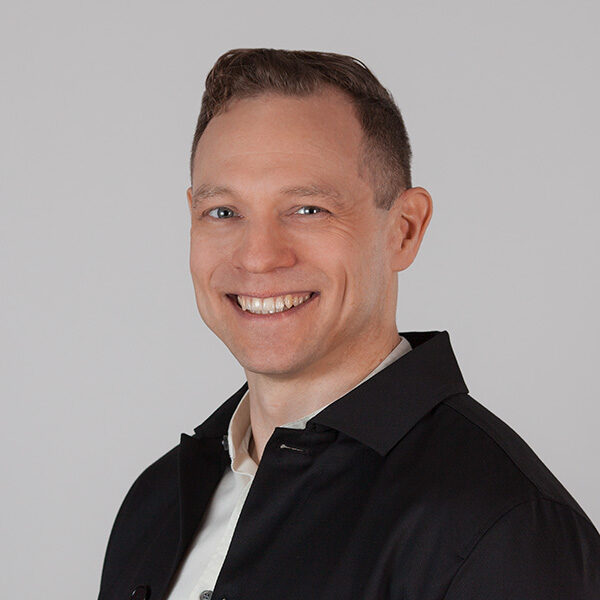Data
Forum Virium is building an open ecosystem for a diverse group of actors to create new urban services and business operations.
Forum Virium Helsinki is constantly developing new ways to collect and utilise urban data in collaboration with the City of Helsinki, businesses and research institutions. This page provides more information about our data work. You can find the contact information of our data team at the bottom of the page.
Data is involved in all of Forum Virium Helsinki’s smart city and smart mobility projects, which also yield plenty of high-quality data.
We help businesses develop and pilot data-based urban services. To the developers and employees of Helsinki and other cities, we provide sparring and instructional materials. With the scientific community, we are eager to seek new EU projects.
Today’s topical themes include the safety, data ecosystems and data spaces development of AI-controlled systems and the compatibility thereof, as well as facilitating a market for them.
The digital twin of Helsinki
Digitalised means of mobility both produce and utilise a wide range of data about the city. They can even use sensors to map the urban environment. The total smart mobility data can form the City’s digital twin for mobility. Helsinki is a pioneer in terms of having a digital twin for the City and mobility.
The digital twin of Helsinki brings together different data sources and supports data-based decision-making. For example, the digitalisation of traffic produces increasingly accurate data about both mobility and the urban environment. However, the City’s digital twin is more than just a 3D model of the environment.
On this page about open data, you can find the openly licensed assets created in our pilot projects. You may also benefit from the open source software components, information about available contacts, and our support services. You are free to utilise these within the confines of the relevant licenses and terms and conditions. Turn them into business for your company, use them to learn about new technologies or build solutions that benefit the residents of Helsinki.
Open data
One of Helsinki’s most significant strengths is open data. Consequently, Helsinki is one of the top countries in the world in terms of opened data. The City’s objective is that the data it produces will be the most useable and most widely used in the world by 2025. The City’s interfaces are constantly being opened, enabling external developers to develop new applications and create new business. 5G networks, which are becoming increasingly common in Finland and Helsinki, offer new possibilities for smart mobility as well.
The City of Helsinki’s successful open data project Helsinki Region Infoshare was initiated ten years ago as a result of a joint development project. Both Forum Virium’s and the City’s open data can be found on the Helsinki Region Infoshare page.
- Does open data create better services?
- Smart traffic Data Catalog published – Data to support the development of new services
- Forum Virium Helsinki helped launch Helsinki Metropolitan Area’s journey towards openness 10 years ago (in Finnish)
Knowledge management
- New tools help save in building energy costs
- Three solutions supporting knowledge management for tourism companies
- Finnish companies MarshallAI and Eeneman develop new solutions to reduce carbon emissions
Wellbeing through data
- Developing digital skills as part of work activities
- Super popular beach water temperature service expanded with two locations
Interfaces and open source code
The way in which a piece of software provides data or services to applications or other information systems is governed by Application Programming Interfaces, or APIs. An open API makes all of the software’s features public and available for utilisation without restrictions.
Open source code can offer numerous benefits to cities, such as opportunities for co-creating and reusing solutions and reducing the risk of vendor lock-in. The solutions developed in our projects are realised primarily as open source. In addition to source code, we also share other assets, such as service design materials.
We believe in building a shared urban market with the help of APIs, which is why we have promoted the harmonisation of APIs in a number of projects, such as CitySDK, 6Aika Open Data and Interfaces, SynchroniCity and mySMARTLife.
We were involved in the development of the HSL Journey Planner, the open source code of which has now been used to build transport planning services in Estonia and Portugal. In the 2020s, we are involved in the development of the EU-wide Urban Open Platform. If necessary, the platform can be used to collect traffic data from the entire continent. Helsinki’s Varaamo facility reservation system and LinkedEvents programme service work in our projects thanks to harmonised interfaces.
Additional information

Timo Sillander
Technology Director
+358 40 753 8090
timo.sillander@forumvirium.fi

